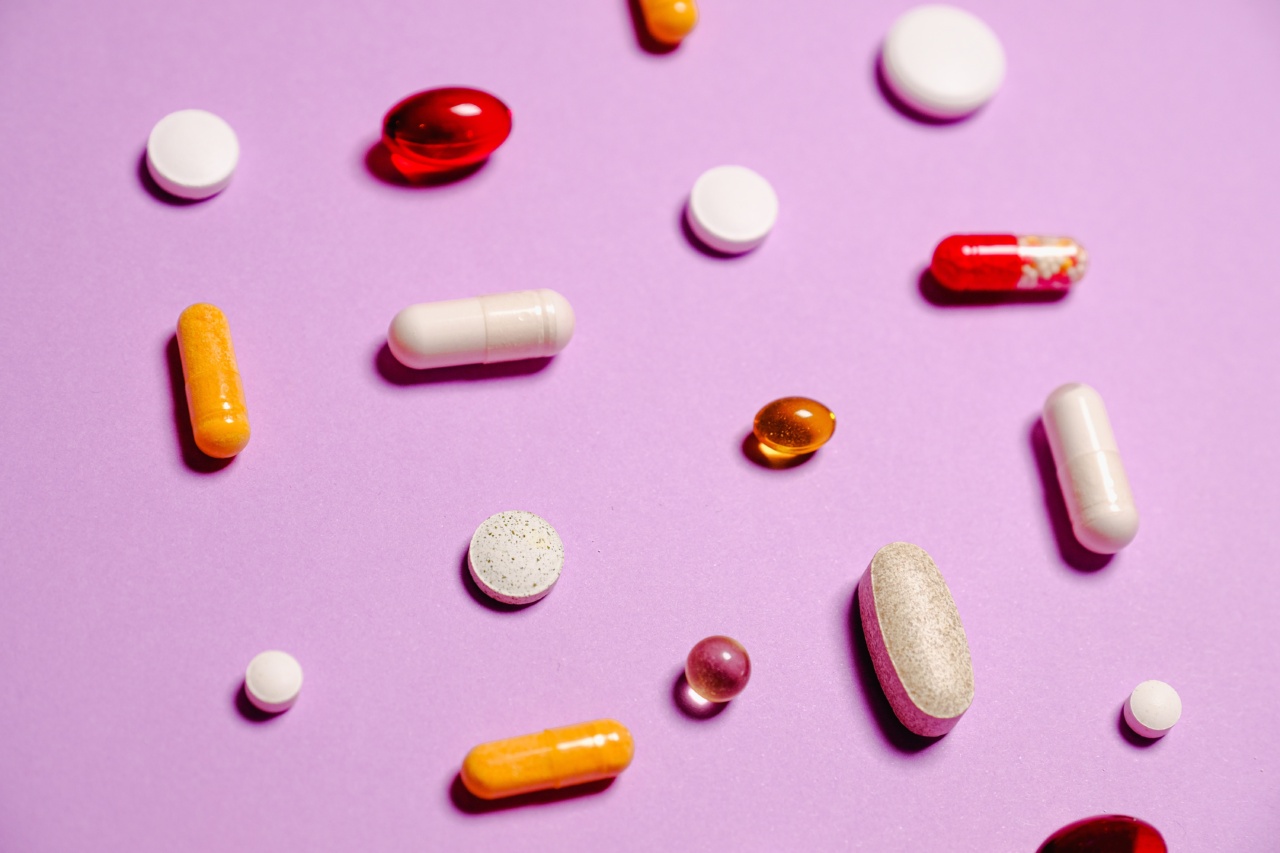Experiencing pain in the kidneys can be both annoying and unbearable. The kidney plays a crucial role in filtering waste products from the body and maintaining a healthy balance of fluids and electrolytes.
Hence, any discomfort or pain in the area requires proper attention.
The causes of kidney pain include urinary tract infections, kidney stones, and kidney infections. If you are experiencing severe pain, it is essential to consult a healthcare professional for proper diagnosis and treatment.
However, in this article, we will be discussing some tips and tricks for relieving kidney pain.
1. Stay Hydrated
Drinking fluids is necessary to maintain kidney health. Your kidneys need water to filter waste and toxins from your body.
When there isn’t enough water in your body, the kidneys cannot function effectively, leading to kidney pain and other complications.
Drinking at least eight glasses of water a day is recommended. However, if you have kidney disease or are at risk of kidney problems, consult your doctor for a more personalized recommendation.
2. Apply Heat
Applying heat to the affected area can help reduce kidney pain. You can use a heating pad, hot compress, or a warm water bottle. Place the heat source on the affected side for about 15 to 20 minutes, several times a day.
Heat can help soothe the muscles and reduce inflammation in the area.
3. Take Over-the-counter Pain Relievers
If you have mild kidney pain, you can take over-the-counter pain medication such as ibuprofen, aspirin, or acetaminophen. However, avoid taking more than the recommended dosage, as it can lead to kidney damage.
It is also essential to consult your doctor before taking pain medication if you have a history of kidney disease, as some medications can worsen the condition.
4. Try Acupuncture
Acupuncture is a traditional Chinese medicine technique that involves inserting thin needles into specific points in the body. It can help alleviate kidney pain by improving blood flow and promoting relaxation.
Acupuncture is generally safe, but it is essential to get it done by a licensed practitioner. Consult your doctor before getting acupuncture if you have a bleeding disorder or are taking blood-thinning medication.
5. Avoid Alcohol and Caffeine
Alcohol and caffeine can irritate the kidneys and make the pain worse. Avoid or limit the consumption of alcohol and caffeinated beverages such as coffee, tea, and soda.
6. Practice Yoga and Meditation
Yoga and meditation can help relieve stress and promote relaxation. Stress can worsen kidney pain and other complications related to kidney health.
Practicing yoga and meditation can help reduce stress, improve blood flow, and stimulate the kidneys’ function. Consult a certified yoga instructor or a meditation teacher for guidance.
7. Maintain a Healthy Diet
Eating a well-balanced, healthy diet can help promote kidney health. A diet rich in fruits, vegetables, whole grains, and lean protein sources can provide the necessary nutrients for optimal kidney function.
Limit the intake of processed and high-fat foods, as they can put a strain on the kidneys.
8. Know When to See a Doctor
If your kidney pain persists or worsens, it is essential to seek medical attention. Kidney pain can be a symptom of underlying medical conditions such as kidney stones or infections that require prompt medical treatment.
If you experience other symptoms such as fever, nausea, vomiting, or difficulty urinating, seek medical attention immediately.
9. Stay Active
Regular exercise can help prevent kidney problems. It can improve blood flow, reduce stress, and maintain a healthy weight.
However, it is essential to consult your doctor before starting an exercise regimen if you have kidney problems or are at risk of developing them.
Low-impact exercises such as walking, cycling, and swimming are generally safe and can provide benefits for kidney health.
10. Quit Smoking
Smoking can increase the risk of kidney damage and make the pain worse. Quitting smoking can help improve kidney function and reduce the risk of kidney problems.
Smoking cessation methods such as nicotine replacement therapy and counseling can provide support and guidance for quitting smoking.
Conclusion
Kidney pain can be uncomfortable and disruptive to daily life. The tips and tricks mentioned above can help alleviate kidney pain and promote kidney health.
However, it is essential to consult a healthcare professional for proper diagnosis and treatment of underlying medical conditions related to kidney pain.



























